
GESUALDO
Werner Herzog
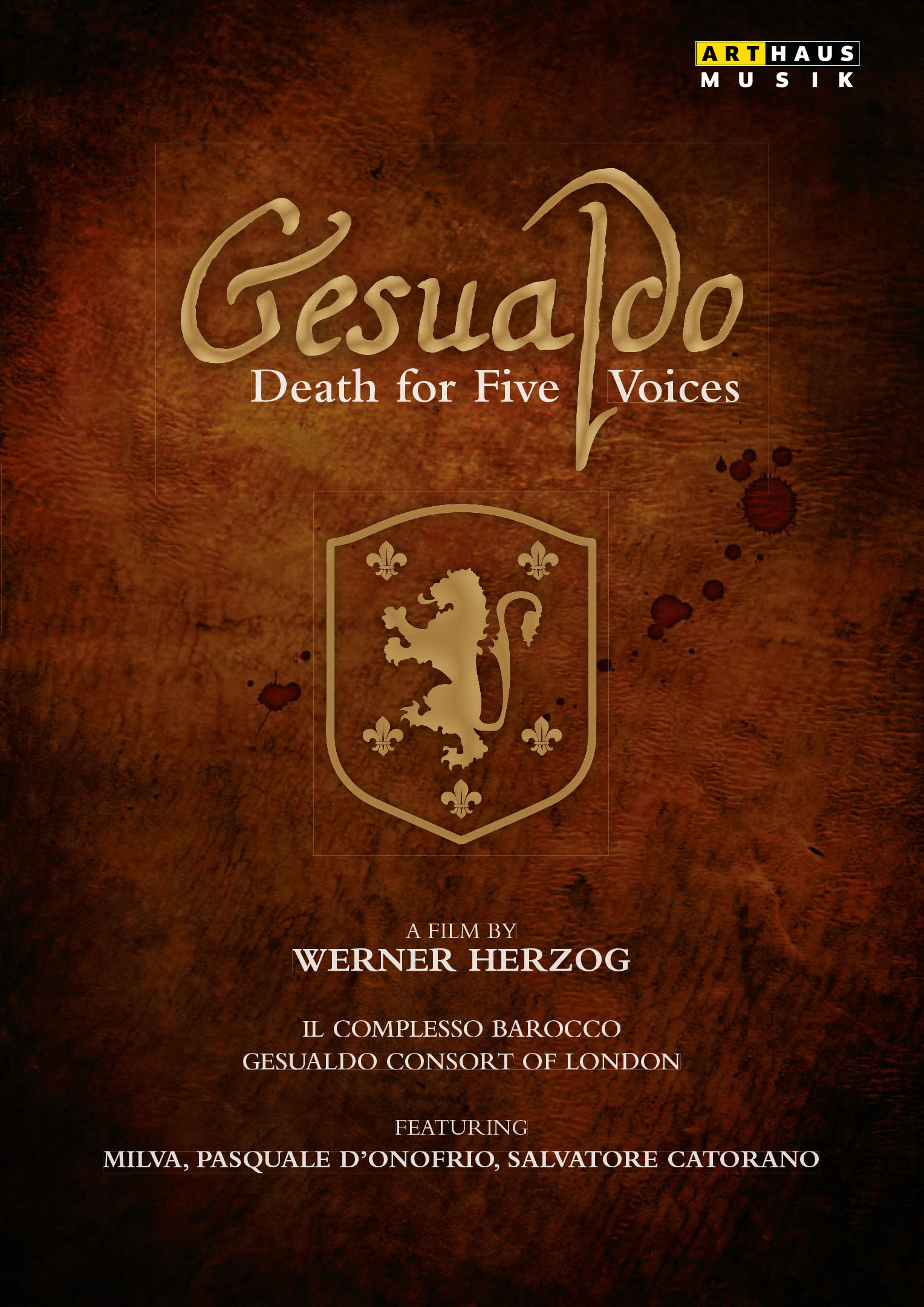


Werner Herzog
GESUALDO
1995
Soloists:
Milva, Pasquale D’Onofrio, Salvatore Catorano
Orchestra, Chorus:
Il Complesso Barocco, Gesualdo Consort of London
Conductor:
Alan Curtis, Gerald Place
Director:
Werner Herzog
The last decade of the twentieth century alone spawned three operas based on the life of the “principe dei musici”: Alfred Schnittke’s Gesualdo was premiered in 1995 at the Vienna State Opera; then the following year came Franz Hummel’s opera of the same name, a commission from the city of Kaiserslautern; and in 1998 Salvatore Sciarrino wrote an opera for the Schwetzingen Festival entitled Luci mie traditrici, after a sixteenth century drama about a prince who murders his wife. Gesualdo therefore was already the focus of a good deal of interest when the Munich-based director and fi lm producer Werner Herzog also developed an interest in the composer at about this time. Herzog seemed somehow predestined for the job. His preference for eccentric protagonists, amply attested to in fi lms such as Aguirre, Wrath of God and Fitzcarraldo starring Klaus Kinski, went hand in hand with a musical streak that has won him a great deal of admiration since the mid 1980s with regular opera productions at the Bayreuth Festival, the Opera Bastille in Paris and La Scala, Milan. Special Feature: English and German Audio Commentary by Werner Herzog
Label:
Arthaus Musik
Genre:
Dokumentation
Running Time:
60
Picture Format:
16:9
Sound Format:
PCM Stereo
Number of Discs:
1
Region:
0
Languages:
GB, DE, IT
Subtitle Languages:
FR, ES
EAN:
0807280920895
UPC:
807280920895
Blu-ray:
109209
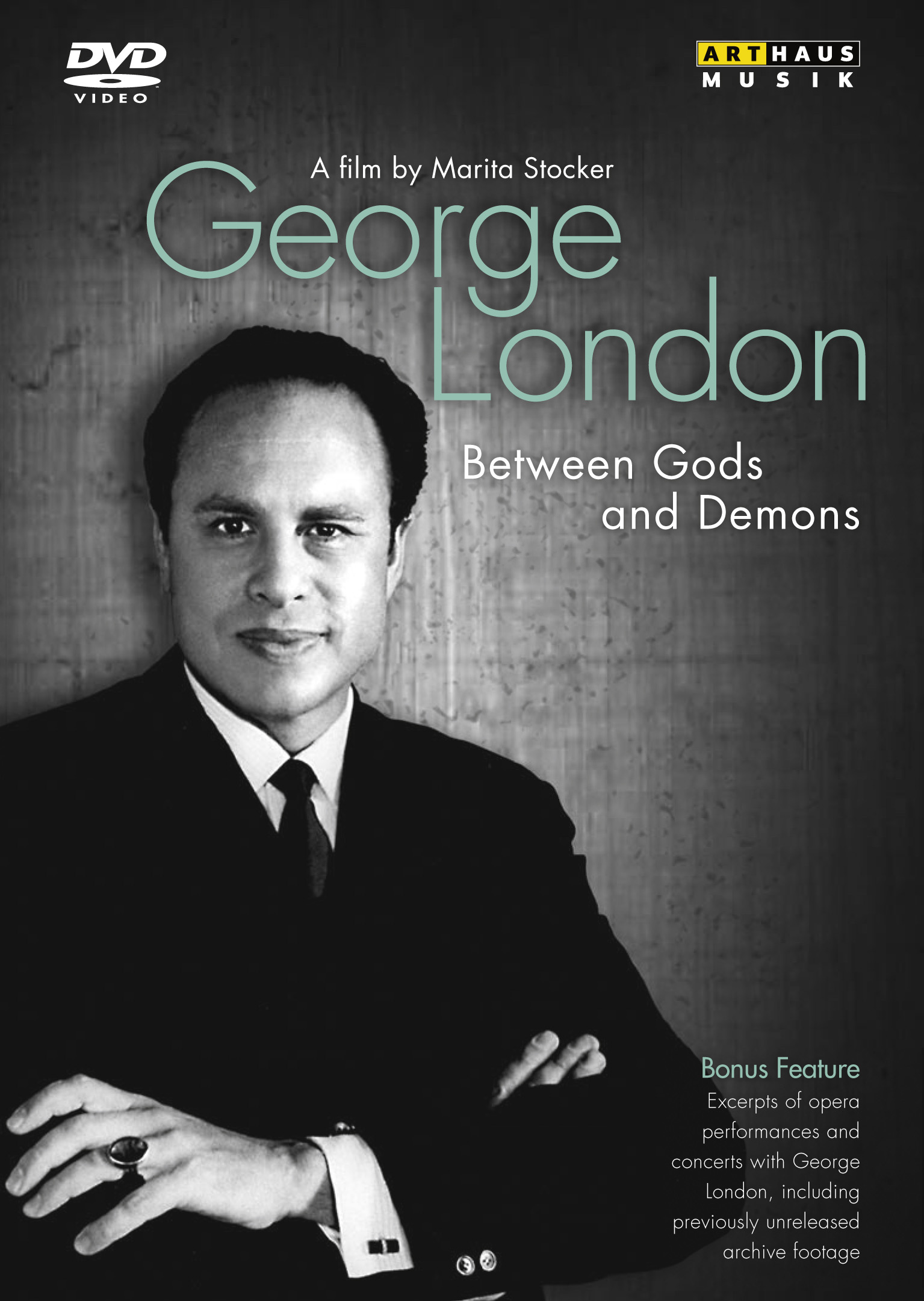
George London was one of the most impressive bass-baritones of the postwar era. He sang on the side of Maria Callas, Renata Tebaldi and Nicolai Gedda, to name only a few, and captured the audience’s hearts with his distinctive voice and his charismatic stage presence. Way too early he had to stop his singing career due to a vocal chord(...)
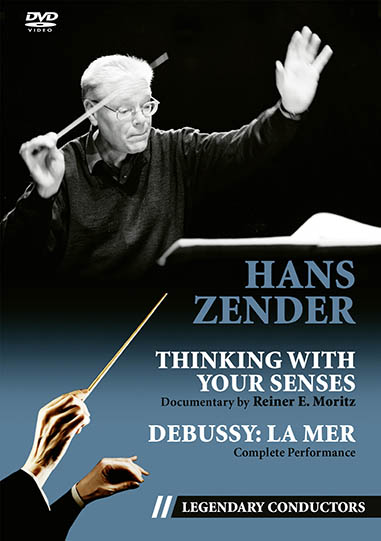
“Hans Zender belongs to the last of that generation of composers who drove the establishment of a new music after WWII. Modernity and tradition were the two strands of his artistic career, music, making, composition and reflexion on music were the leading subjects of his untiring mental activity.” (Max Nyffeler, music(...)









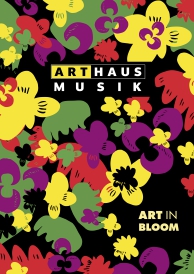 PDF Download (5,5 MB)
PDF Download (5,5 MB)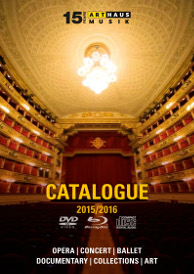 PDF Download (6,7 MB)
PDF Download (6,7 MB)